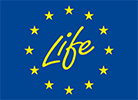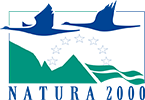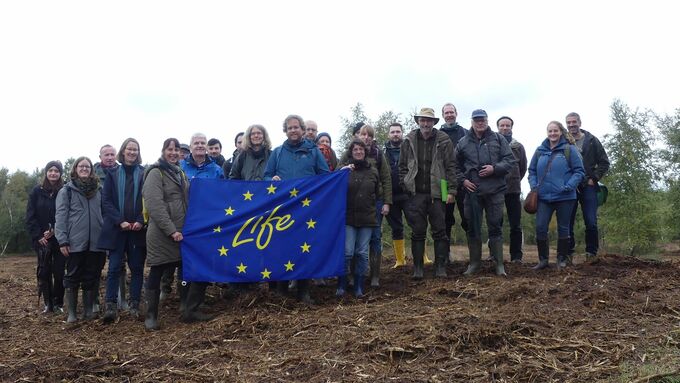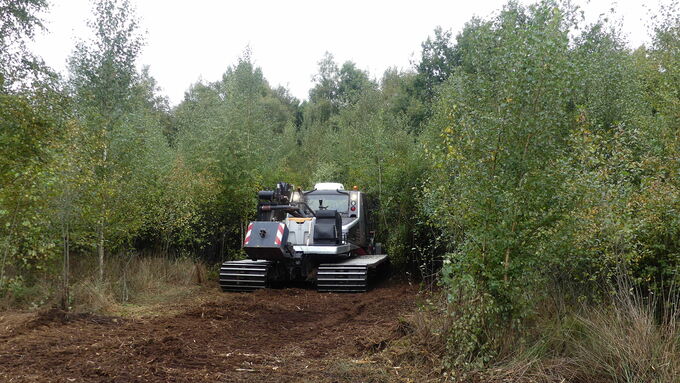Extensive renaturation measures are currently being carried out in the nature reserve ‘Weißes Moor’ in the framework of the LIFE IP Atlantic Region DE. © Bezirksregierung Münster
download picturemain content
News
10.10.2022
Peatland conservation in North Rhine-Westphalia: Excursion to various bogs in the district of Minden-Lübbecke
At the end of September, the LIFE IP Atlantic Region DE organised an excursion to various peatland sites in the district of Minden-Lübbecke in cooperation with the Nature and Environmental Protection Academy NRW (NUA), the State Agency for Nature, Environment and Consumer Protection NRW (LANUV) and the Biological Station Minden-Lübbecke/ LIFE Meadow Birds NRW. About 25 participants met at the NABU visitor centre Moorhus to explore the nature reserves ‘Weißes Moor’, ‘Großes Torfmoor’ und ‘Bastauwiesen’ by bus tour and on foot under the guidance of Dirk Esplör from the Biological Station.
The first destination was the nature reserve ‘Weißes Moor’ in Rahden, which is one of the few remaining bog and heathland areas in the ‘Rahden-Diepenauer Geest’. For several weeks now, extensive measures for peatland restoration have been carried out there as part of the LIFE IP Atlantic Region DE. An area of about ten hectares is now being worked on with a special moor-suited tracked caterpillar with mulcher attachment and a tracked excavator with mulcher attachment which is also adapted to the sensitive moor soils, in order to restore the open character of the peatland areas with the aim of optimising habitat type 7140 - and if possible also habitat type 7120. In addition, action areas at the edge of the bog where wetland and dry heath are to be optimised were inspected.
After the lunch break, the tour continued to the nature reserve ‘Großes Torfmoor’, the largest and most important raised bog regeneration complex in North Rhine-Westphalia with (in places) beginnings of raised bog growth. The area was rewetted from 2003 to 2008 as part of a LIFE project. This example of a successfully completed renaturation beautifully illustrated to the participants the changes that are to be achieved with the measures currently underway in the first area visited. Since similar large-scale work had been carried out in this area, it is hoped that a similar optimisation will be achieved in ‘Weißes Moor’. In contrast to these renaturation measures, the peat extraction still taking place in ‘Großes Torfmoor’ for balneological use seemed out of time.
The last stop was the nature reserve ‘Bastauwiesen’ which lies between the town of Minden and the nature reserve ‘Großes Torfmoor’. While there is raised bog in the area ‘Großes Torfmoor’, low-land moor peat predominates in the ‘Bastauwiesen’. The area is a breeding, resting and wintering site of national importance, for which extensive measures are planned within the framework of the LIFE Meadow Birds NRW project. In the entire ‘Bastauwiesen’, the Biological Station Minden-Lübbecke will set up an advisory service for farmers on meadow bird-friendly land management. In addition, the number of meadow bird predators will be surveyed and a predator management concept will be developed and implemented on this basis. The purchase of land in the western part of the protected area and subsequent rewetting, the creation of small bodies of water, the removal of disturbing woody plants and
measures to guide visitors complement the planned actions to safeguard the populations of meadow-nesting bird species which occur there.
In addition to the wealth of technical information, this event once again offered a successful opportunity for mutual exchange of experience and networking!





